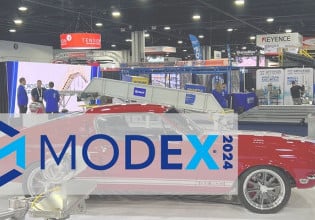M
Michael Griffin
I'm not sure how either of you bid on jobs, but I believe it is rather rare for a customer to grant a contract for creating a piece of custom software on anything other than a fixed price basis. We are discussing delivering a finished product to a customer, not providing contracted hours to a software development company.
You quote a certain price to deliver a specified result. The customer shops around for several quotes, and depends upon the existence of competition to get a reasonable price. The number of hours you put into the job is immaterial to the customer, as long as you deliver the specified product free of bugs and on time. You bear the risk of taking longer, and you reap the rewards of being done sooner.
If 90% of the program consists of code which was re-used from other projects, it doesn't make any difference whether it was code from your own previous projects or from someone else's or from commercial libraries. You're getting paid to either write the code, or to know where to get it. If you can do it with existing, tested code, I would rather have that than the new bugs that you created especially for this project.
However, the only way the scenario that was outlined in the previous messages could arise is if only one person were to know about the "free" code. Normal competition would drive the price down to the 110 hour mark, and anyone still bidding a price based on 1100 hours would soon go out of business.
--
************************
Michael Griffin
London, Ont. Canada
************************
You quote a certain price to deliver a specified result. The customer shops around for several quotes, and depends upon the existence of competition to get a reasonable price. The number of hours you put into the job is immaterial to the customer, as long as you deliver the specified product free of bugs and on time. You bear the risk of taking longer, and you reap the rewards of being done sooner.
If 90% of the program consists of code which was re-used from other projects, it doesn't make any difference whether it was code from your own previous projects or from someone else's or from commercial libraries. You're getting paid to either write the code, or to know where to get it. If you can do it with existing, tested code, I would rather have that than the new bugs that you created especially for this project.
However, the only way the scenario that was outlined in the previous messages could arise is if only one person were to know about the "free" code. Normal competition would drive the price down to the 110 hour mark, and anyone still bidding a price based on 1100 hours would soon go out of business.
--
************************
Michael Griffin
London, Ont. Canada
************************






